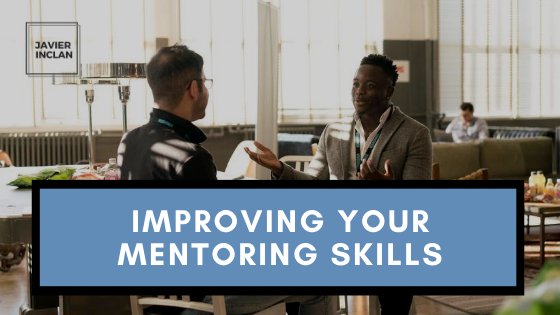Effective mentoring is only possible when one has a platform for learning to gain experience. No matter how good people may think they are, they should leave some room for guidance. Subsequently, they also teach others to overcome significant obstacles to gain better skills in leadership and assessment, to mention a few.
Such mentorship skills can be improved by;
Learning to Listen
Listen first before speaking. The skills of proactive listening help mentors to understand different thoughts and ideas to ask the right questions. Subsequently, they are keen on the responses to create a suitable platform for providing feedback.
Honor the Guidance Relationship
A mentor and a mentee usually form a mutually beneficial mentor relationship at the beginning of their interactions. While familiarity may develop along the way, it’s good to keep it professional. The mentor, for instance, should avoid situations of canceling meetings frequently. It would only show that he isn’t taking the mentorship seriously.
Attitude is Crucial
Suppose there’s anything that can put off a mentorship relationship, its attitude. As much as mentors have the forefront to provide practical guidance, they shouldn’t go into the mentoring `business` blindly. Put merely, their attitude has to be genuine. Their primary aim is to help other individuals to gain experiences. As such, their mentoring is far beyond financial gain.
Stick to a Contract
It would be best for any mentor to create a mentoring contract. The document would be clear about the future expectations, and the terms and conditions that the mentee should follow. Even better, the two parties should agree to negotiate on the goals of the relationship for a more positive outcome. For example, the frequency of meetings and reviewing progress should be decided upon fruitfully.
Choose Relationships Carefully
Not everyone gains from being mentored. In light of this, mentors should choose mentees that are wired for them. They should plan a first meeting with the individuals to weigh if they are a good fit. The mentor can look at various qualities, including the attitude. Only then will the mentorship be successful two-way.
In essence, many leaders who celebrate their success can look back and say that someone helped them to achieve their dreams. They, in turn, mentor others to follow suit to associate their careers with achievement.

